
Studies have shown that humans subconsciously attribute positive social qualities (such as integrity, intelligence, and happiness) to physically attractive individuals. Even across cultures there exists a significant consensus on relative beauty: youthful facial features, including, for women, relatively large eyes, a relatively high craniofacial ratio, and a relatively small jaw. In an article published in the September 2013 issue of The Quarterly Review of Biology, Dr. I. Elia, an independent scholar at Cambridge University, bridges genetics, physical and social anthropology, and psychology to interpret the findings of the "farm fox experiment" in Russia to reveal "a possible and replicable demonstration of the origin of beauty while inadvertently illuminating its ancient philosophical connection to goodness via a plausible neurohormonal pathway."
Silver foxes (Vulpes vulpes) were selectively bred for "friendly" behavior toward humans. Within 20 years, a tame line of communicative, trusting, and playful foxes was achieved. Researchers also noticed that in addition to desirable behavioral traits, the foxes also experienced more rapid development to maturity and displayed more "attractive" and more juvenile physical features, including rounder skulls and flatter faces, with smaller noses and shorter muzzles. That these neotenic changes resulted from genetically controlled alterations in friendly behavior may suggest that to humans, facial beauty signals an individual's relatively greater level of approachability and sociability.


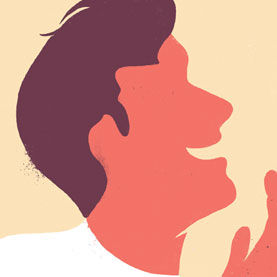
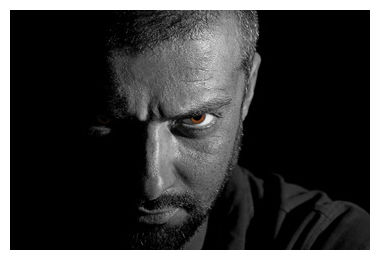
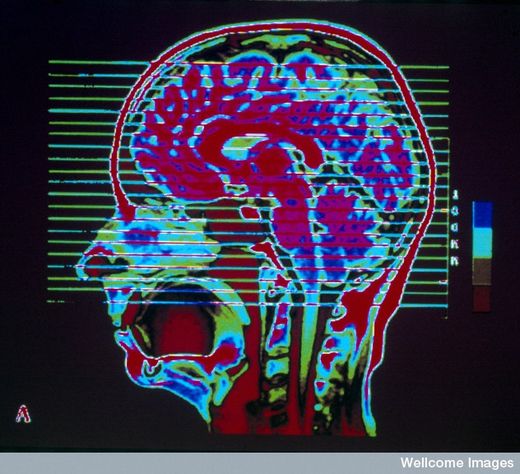

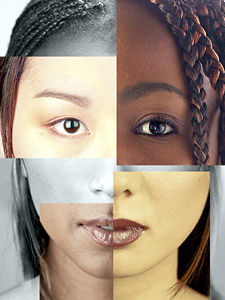
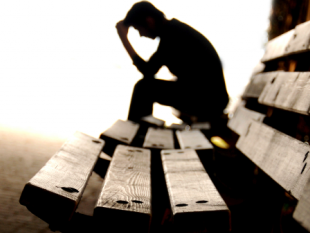




Comment: Éiriú Eolas is a gentle, extremely effective breathing program for accessing and releasing negative emotions. Éiriú Eolas can provide the skills to instantly control stress in high energy situations, detox your body resulting in pain relief, relax and gently work through past emotional and psychological trauma, and regenerate and rejuvenate your body/mind..